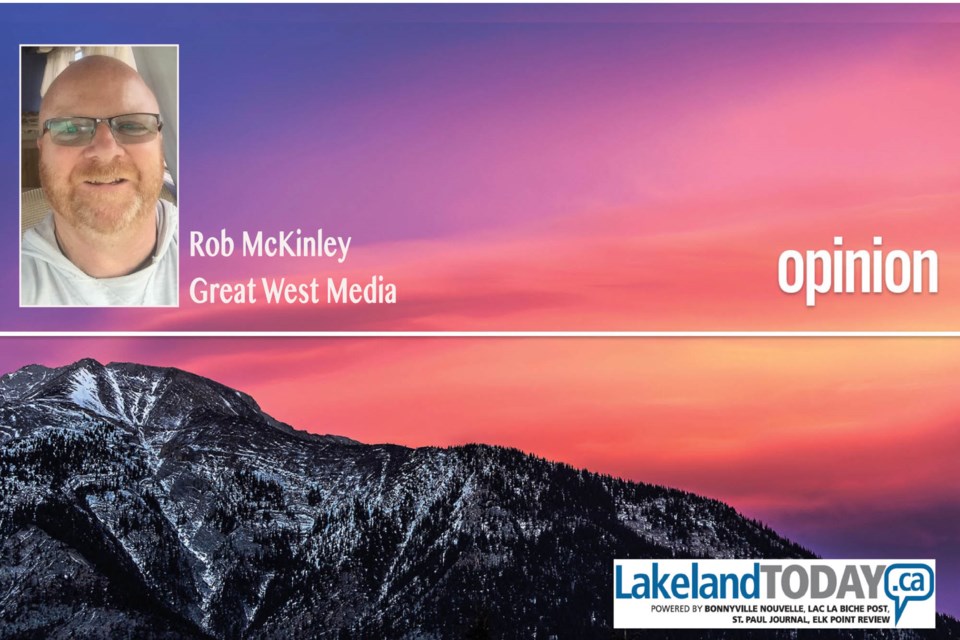There’s nothing like a week of sub-Arctic temperatures to heat up the global warming debate.
Throw in an electrical power supply alert for good measure, then add a sprinkle of images showing police removing homeless encampments leading to inevitable lineups at warming shelters … and you have the cinematic menu for the prologue to any post-apocalyptic storyline.
Perhaps this comment-piece will also play into that backdrop — a newspaper sheet sailing on the dry wind, across a long-abandoned and now-overgrown city street, the headline on its crumpled, faded page as it tumbles past the camera lens: “Experts say power supply is OK after cold snap drains grid.” Maybe a smaller headline as well, inconsequential to the story plotline: “Man arrested for leaving freezing dog on patio”
The week of cold weather has offered up many footholds for further commentary on a number of issues, most of them under that global warming umbrella, but many about fossil fuels, renewable energy, economic turmoil, homelessness … and electric vehicles. It’s been a week where we’ve seen more attention paid to the tender paws of puppies left in the cold than to humans living in the same conditions. It's been a week where we've focused more on the government’s decision to mandate electric vehicles than we have about the lagging power supply. And through it all, we've given more attention to the power of oil and gas because of that electricity issue, than looking at the global reasons we are in the deep-freeze.
It's also been a week where NASA — yes, that NASA — released an article saying Earth’s average surface temperature in 2023 was the warmest on record. The article, written by — get this — NASA scientists, says global temperatures were up by more than a full degree Celsius over data taken from a baseline period of 30 years between 1951 and 1980.
But even when the experts issue the warning, and even over this most recent environmental alarm point (coming shortly after Iceland’s cracking earth surface), the issues continue to devolve more into arguments than about actually finding solutions.
It's said you don’t have to be a rocket-scientist to know what’s going on sometimes. But when the actual rocket-scientists are telling you what's going on — well, maybe it’s time to do something before the final credits of this disaster movie — one where we continue to have a front row seat — roll up.



